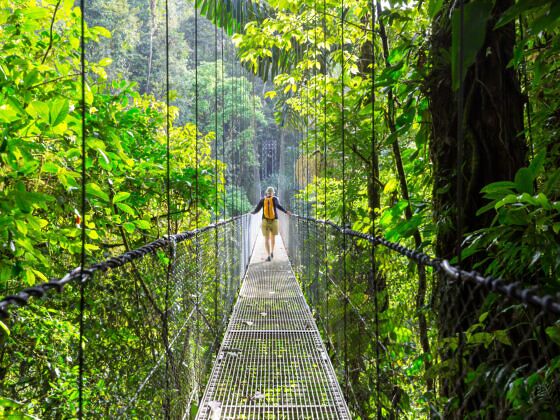Following the whole Copenhagen meeting was quite depressing (though not at all surprising).
Touted as the consensus-building answer to our Earth’s woes (uh, us), it merely exemplified that almost every country will put their ability to make money above the future of the planet. Now here we are, left with a watered down version of the Kyoto Protocol.
